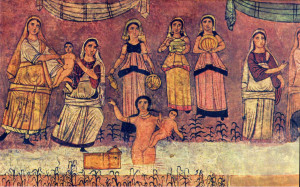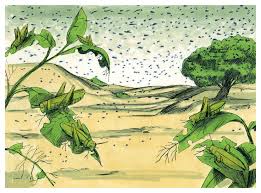When you murder 149 people, and yourself as well, should this be considered suicide? If there have been more important news stories this week (Yemen, Iran, Syria, and Indianapolis) the story that has garnered the most attention is the horrific and deliberate crash of a Lufthansa jet in the French Alps by the plane’s co-pilot. I will confess to a grim fascination in following the story, in large part because of a family tragedy, suicide is a deeply personal and emotional subject for me.
Suicide remains the least discussed major cause of death in the United States, with annually, about twice as many deaths from suicide as from homicide. The vast, vast majority of suicides, over 97%, only involve self-murder, but unless someone is famous, the only types of suicide that make the news are so-called murder-suicides, like the Lufthansa incident. I have never liked the term “murder-suicide.” They are really just homicides in which the perpetrator is determined to suffer no consequences for his action (this is overwhelmingly a crime committed by males.) I don’t know what term could replace it, “homicide–self-murder” perhaps, but it is so unlike other suicides it deserves its own category. I can’t see how anyone could kill 149 strangers and condemn them to horrifying deaths without an all-consuming rage against others. Suicidal rage is typically only directed at oneself. I don’t know what to call what happened on the jetliner, but to me, it isn’t suicide, its just mass murder. read more

